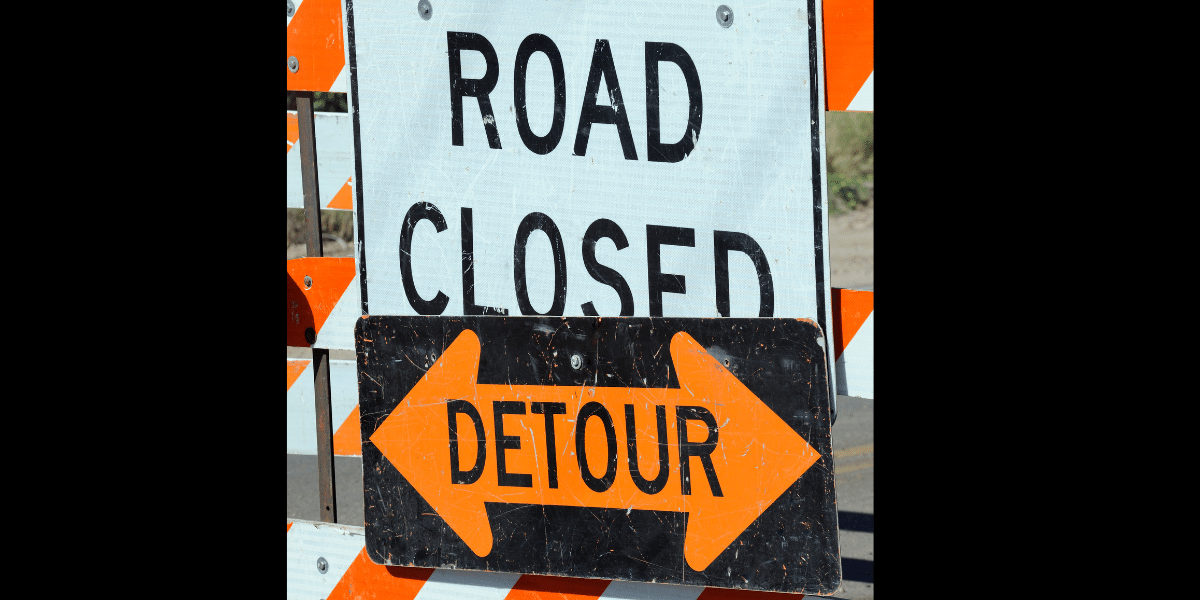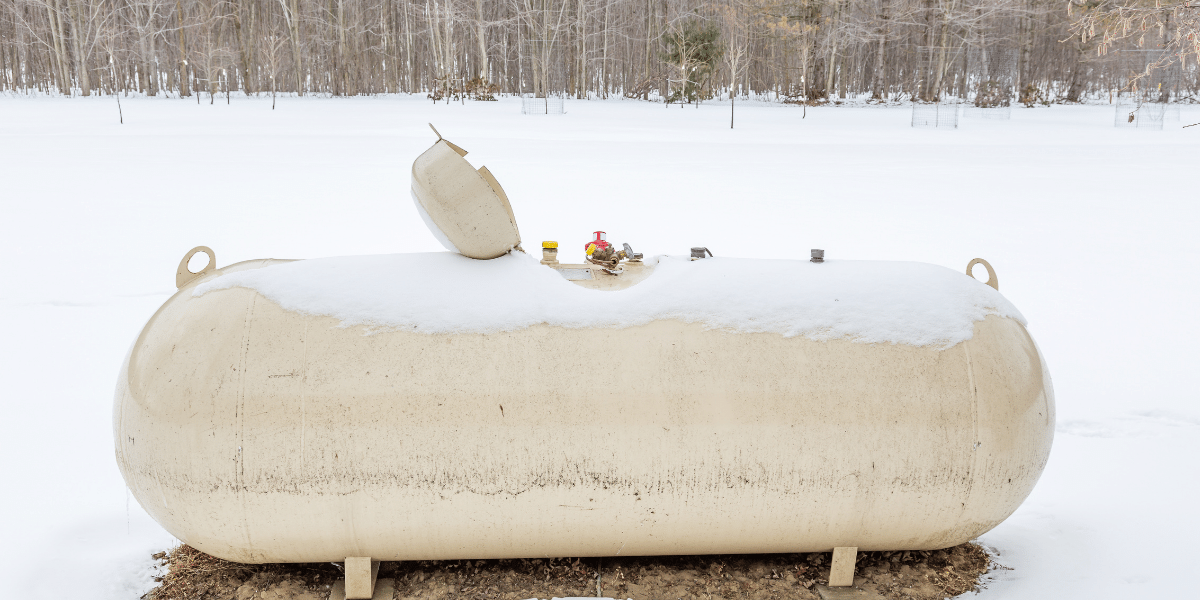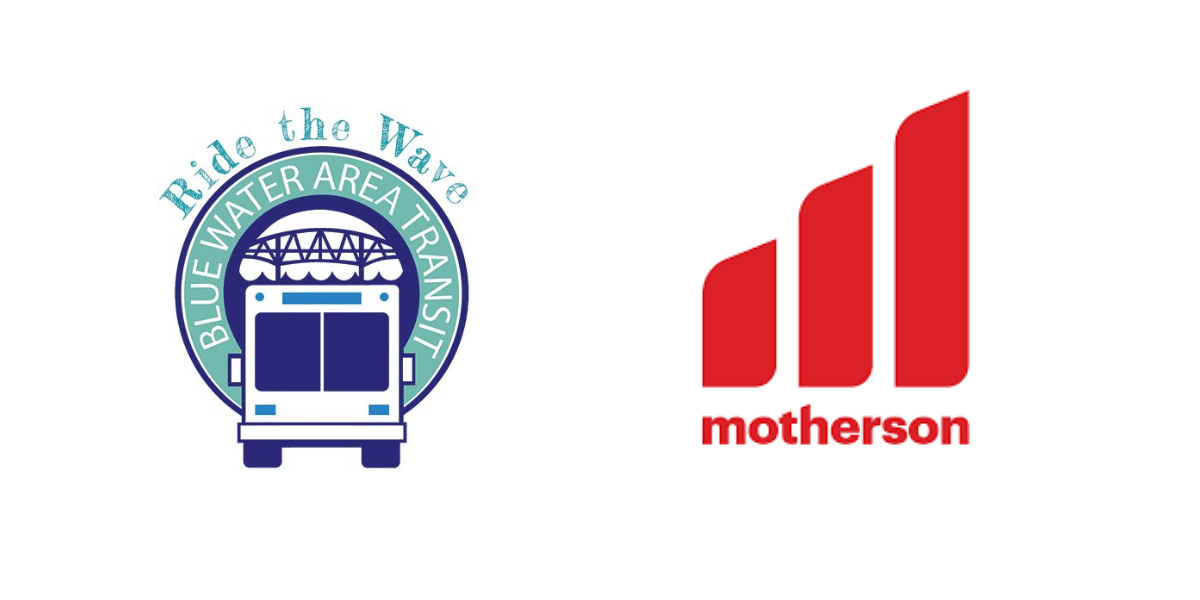Lapeer Road to Close Between Abbotsford and Wadhams Roads August 6-7
The St. Clair County Road Commission has announced a road closure planned for this weekend. Lapeer Road will be completely closed between Abbotsford Road and Wadhams Road from Saturday, August 6th to Sunday, August 7th. Local residents and travelers should plan on delays, and patience from drivers is appreciated.
The detour route is Wadhams Road to Griswold Road to Taylor Road, which is also called Dunlap Road.
Crews will be completing storm sewer crossings in two locations on Lapeer Road. The two locations are just west of Bartlett Road and west of Hidden Lake Drive. The Road Commission reports that each crossing will require the road to be completely closed, and they will not be under construction at the same time.
Traffic will not be allowed through the active work zone and will be directed to turn around. Access to homes and businesses, as well as emergency access, will be maintained during the closure, which is planned to wrap up by the end of the day on Sunday, August 7th.
Reporting for WGRT – Jennie McClelland






